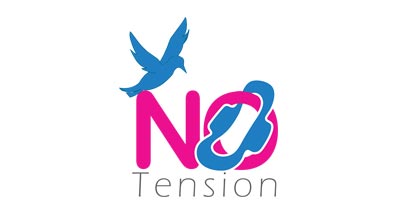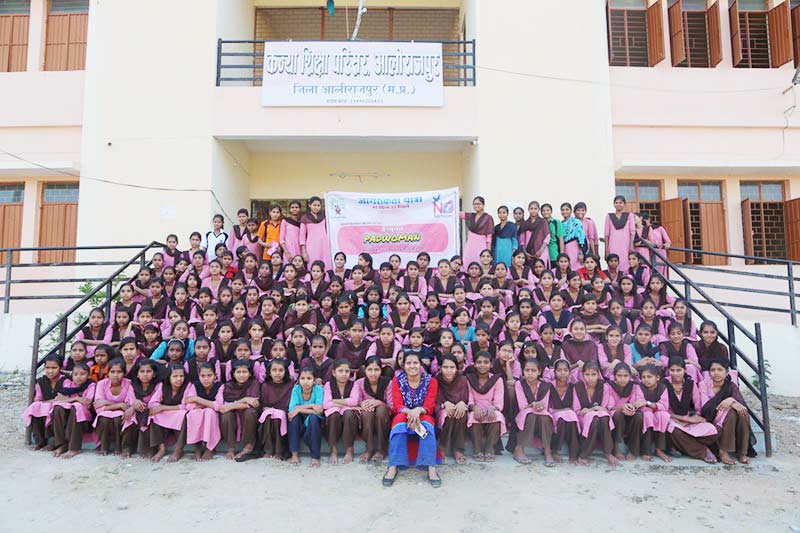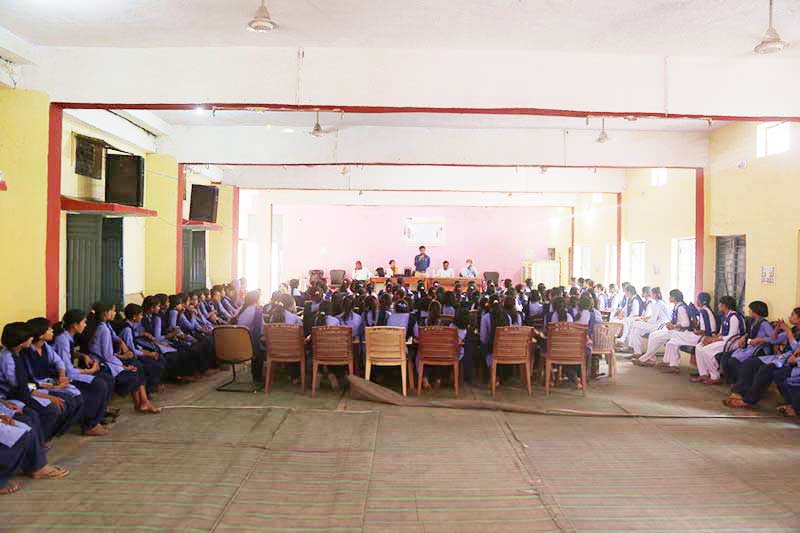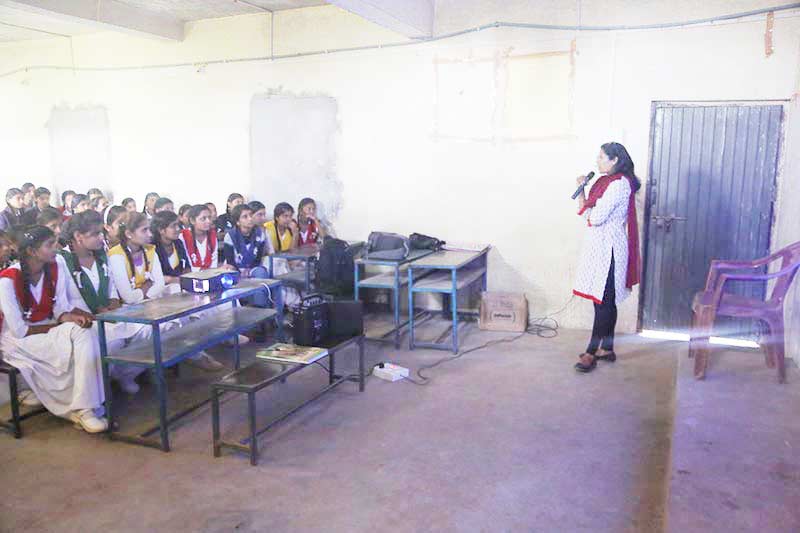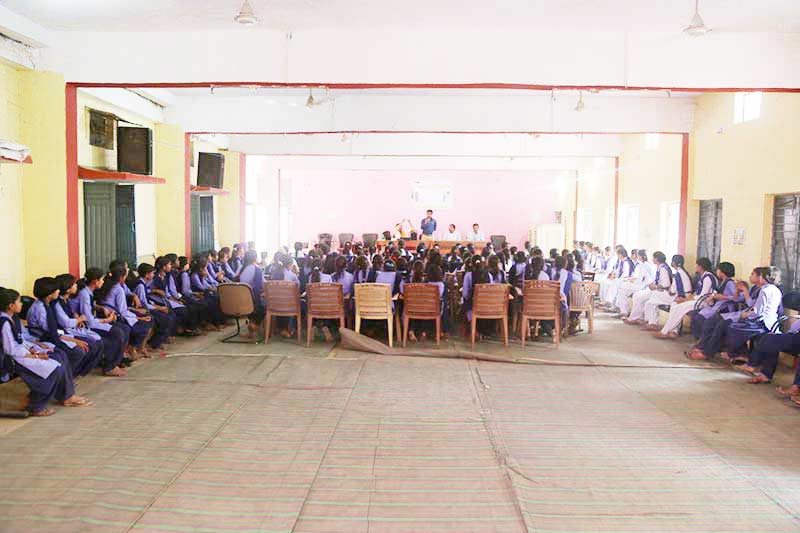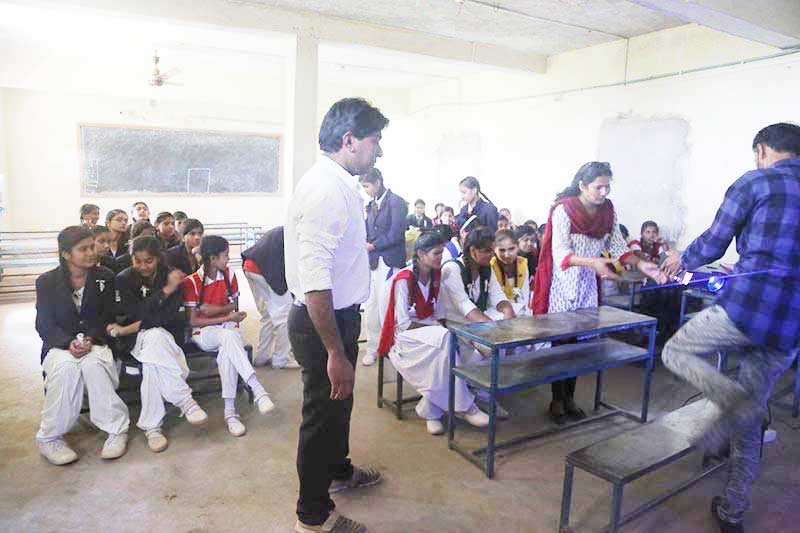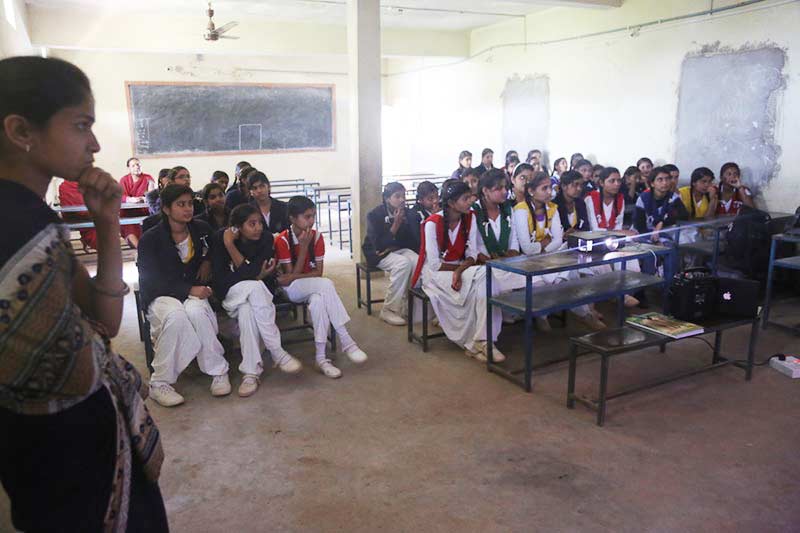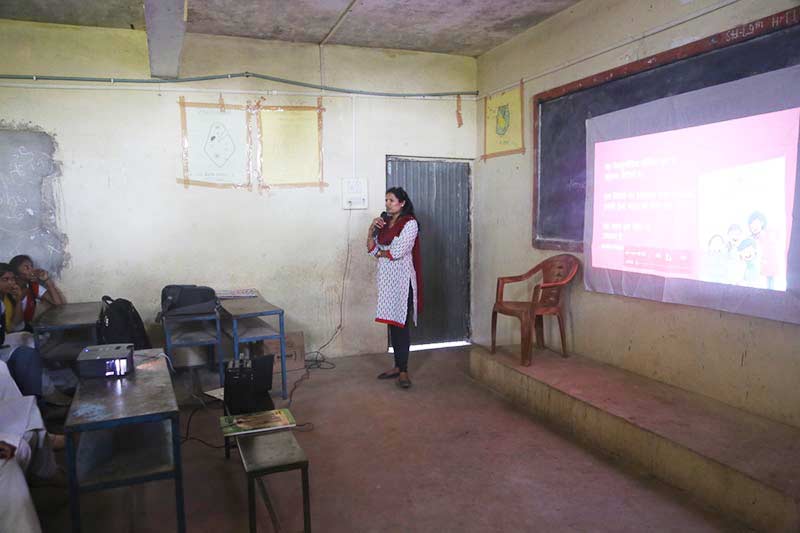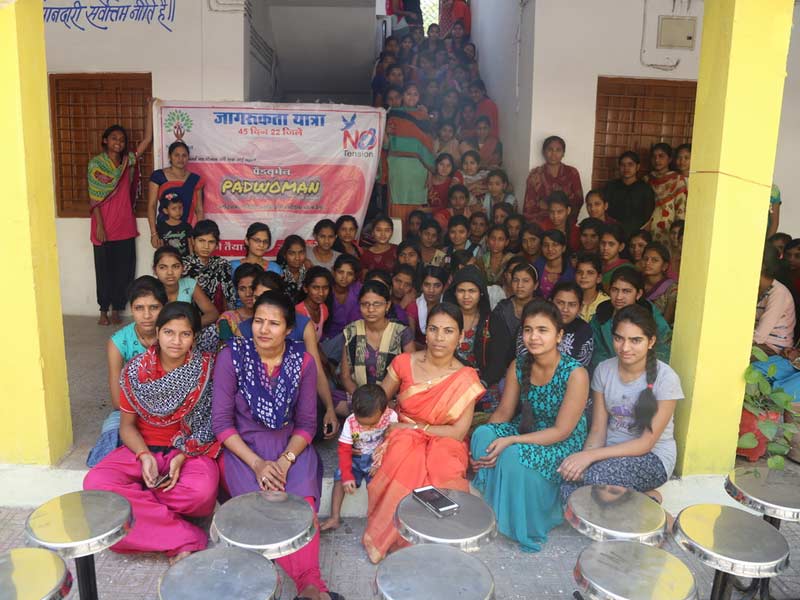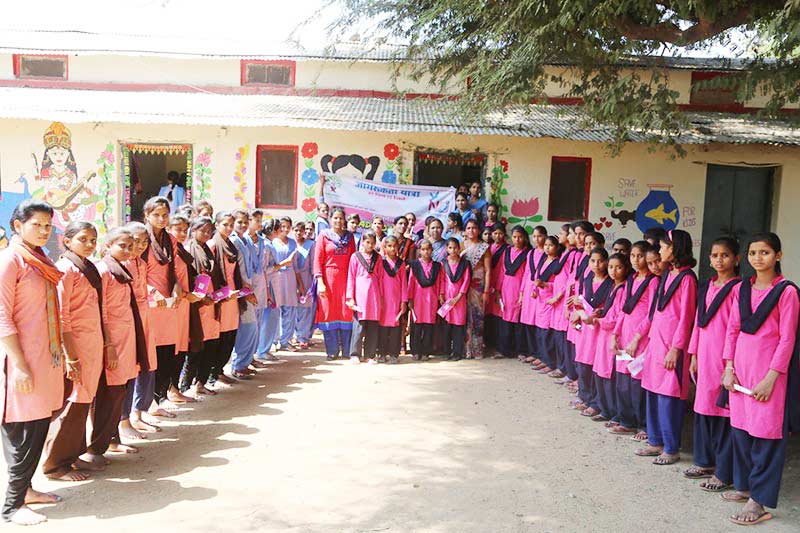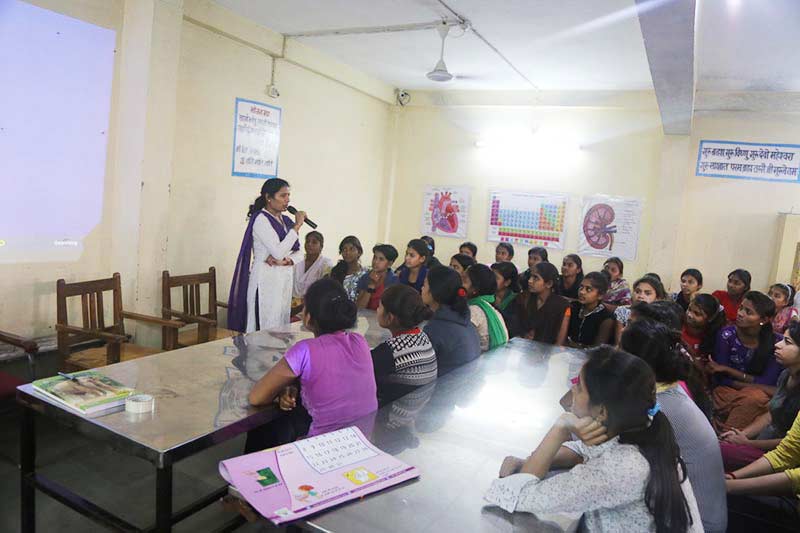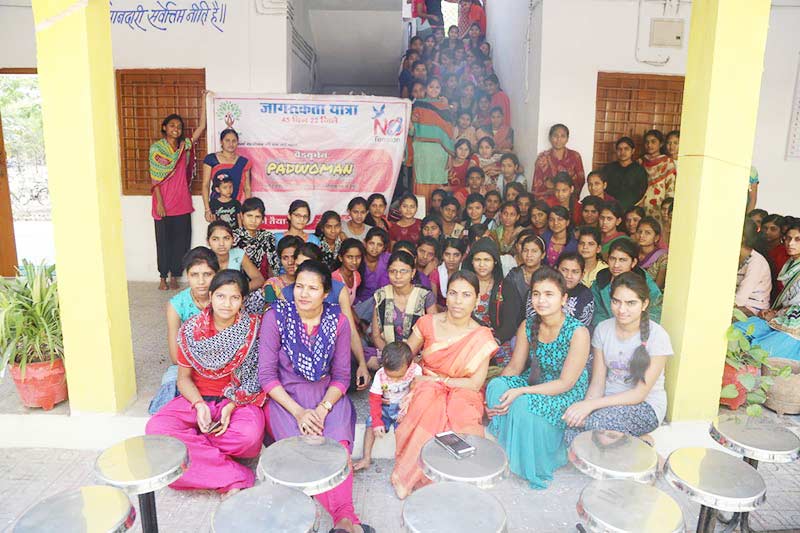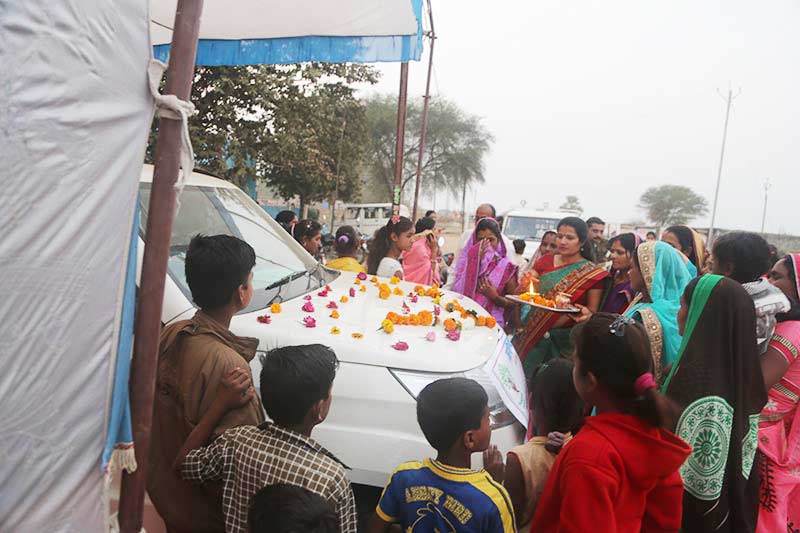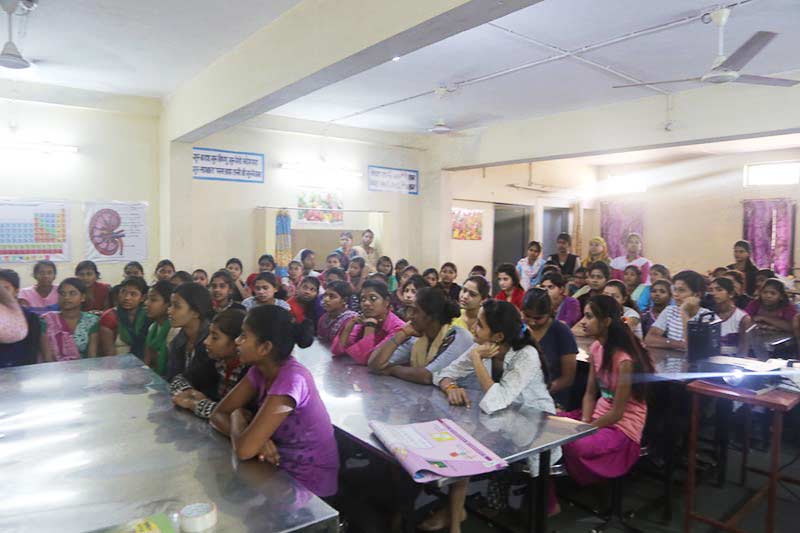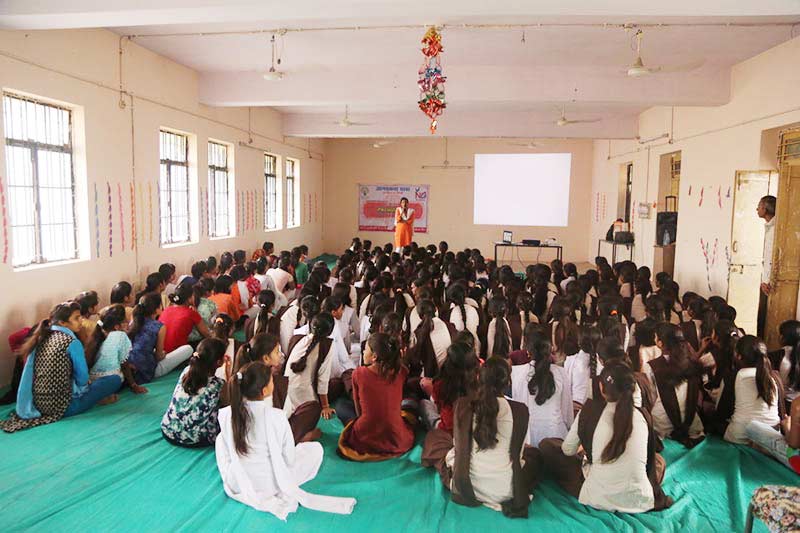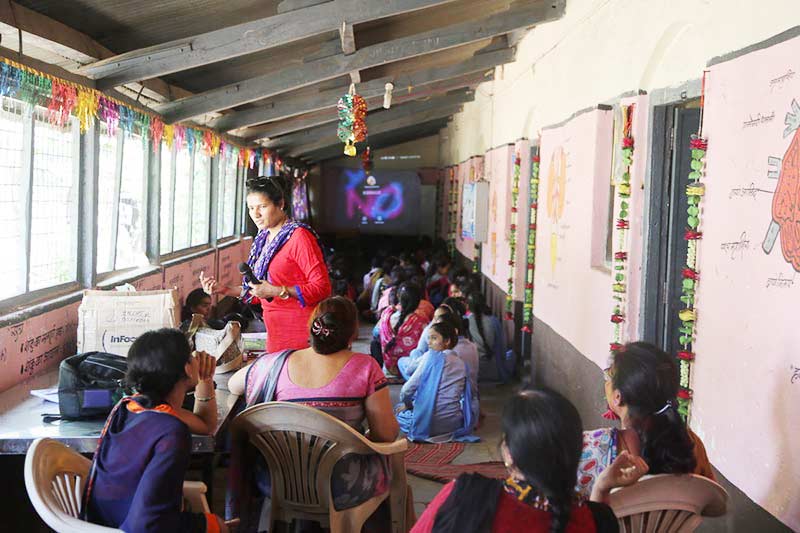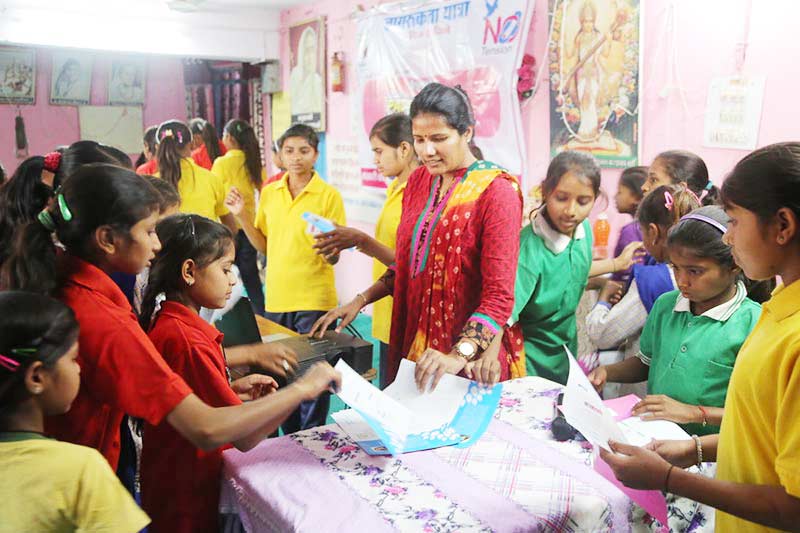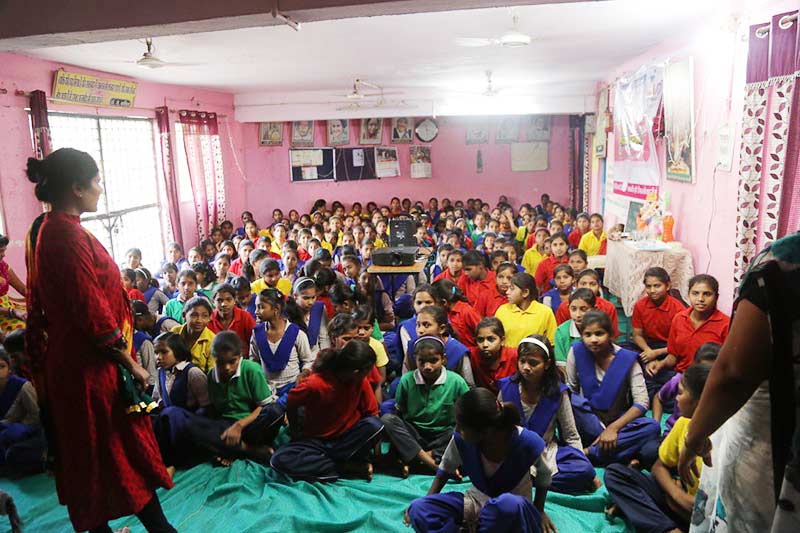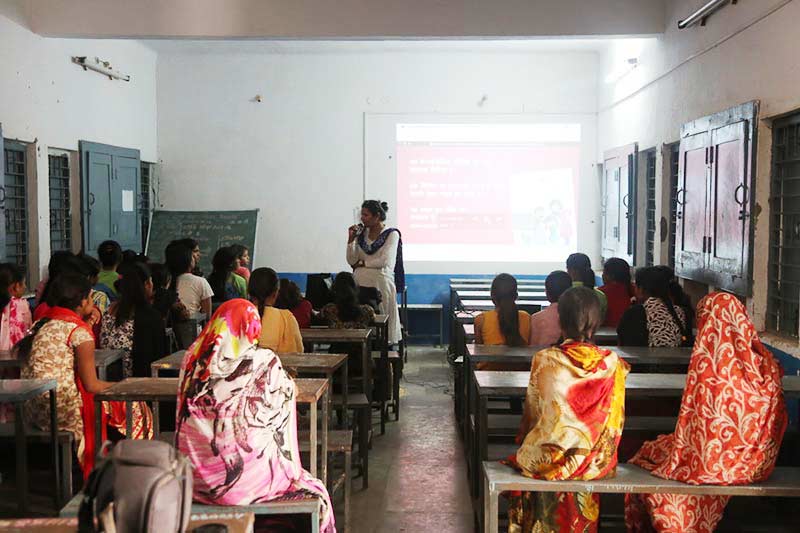The Past & the Path Forward
In February 2018, Sukarma Foundation created menstrual hygiene awareness in 22 tribal districts of Madhya Pradesh, educating over 20,000 women. Team Sukarma conducted meetings with local elders, had discussions with people to understand the taboos and myths surrounding menstruation, and organised overnight stays at the most interior of villages to understand the milieu.
Our Vision for the coming years is to conduct these workshops at 100 schools, 100 villages every year. Be a part of this journey with us…
“Alone we can do so little; together we can do so much”.
– Helen Keller
How can YOU help to prevent cervical cancers, keep girls in schools, end gender disparity and promote health?
- Volunteer to facilitate awareness campaigns and workshops (redirect highlighted link to the Careers page).
- Adopt a school/ village- providing sanitary napkins, conducting awareness campaigns, supervising on-ground work. (redirect highlighted link to the Contact Us page).
- Funding for printing material such as ‘Sukarma Menstrual Hygiene Calendar’ and informational leaflets. (redirect highlighted link to the Donations page).
- Funding for producing more sanitary napkins. (redirect highlighted link to the Donations page).


